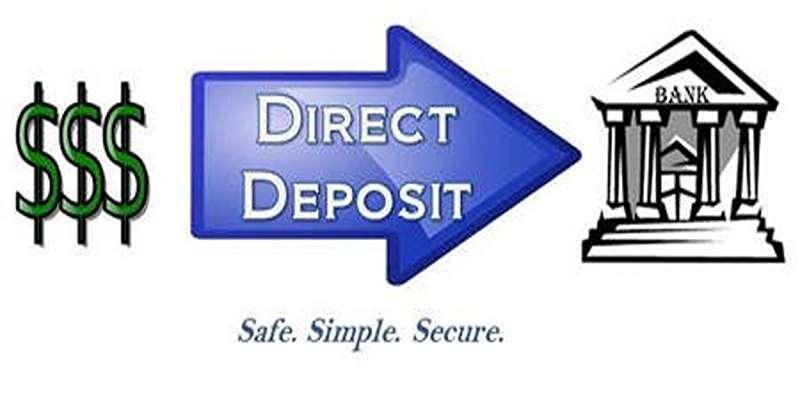If you’re planning on renting a car, it can be challenging to figure out what payment option is best for your needs. Often there are restrictions or additional fees associated with different cards. To make things easy and stress free when the time comes to rent a vehicle, here's all you need to know about using a debit card or credit card for car rentals! From eligibility requirements to extra costs and other limitations, this guide will give you the full run-down of selecting a payment method that’s right for you so that nothing stands in the way from saying “yes” when signing off on those rental Hire Agreements.
Overview of Debit and Credit Cards
Debit cards are issued by banks or credit unions and linked to your checking account. When you swipe your debit card, the funds are withdrawn directly from that account.
Credit cards on the other hand involve borrowing money up to a predetermined limit. When the transaction is approved, the funds are borrowed against this pre-approved line of credit and must be paid back over time with interest.
Eligibility Requirements
Most car rental companies will accept debit and credit cards as a form of payment when you’re renting a vehicle but each company varies in what type of cards they’ll take. Generally, only major brands such as Visa, MasterCard or American Express are accepted for both debit and credit
payments. However, Discover cards are accepted at some locations as well.
It’s also important to note that not all debit and credit cards will be accepted. Some car rental companies may require an additional form of identification such as a passport, driver’s license or state-issued ID depending on the type of card you have. Additionally, debit cards often need to be accompanied by proof of returning flight tickets or a major credit card in the renter’s name in order for it to be used as a primary form of payment.
Benefits of Using a Credit Card for Car Rentals

One of the biggest benefits of using a credit card to rent a car is that you’re not required to provide a large cash deposit. This can be helpful if you need quick access to your funds or don’t have enough money in your bank account. Additionally, most major credit cards offer travel insurance and other types of protections for their cardholders which could be beneficial in the event something goes wrong with the vehicle or an accident occurs during your rental period.
Limitations & Extra Costs
Unfortunately, there are some drawbacks associated with using both debit and credit cards when renting cars. For instance, many car rental companies will place a hold on your card for up to five days after returning the vehicle - this means you won’t be able to access that money until the hold is released. Additionally, some companies may charge extra fees for using certain types of cards such as a debit card or an additional charge per day if you use a credit card.
Benefits of Using a Debit Card for Car Rentals
Although debit cards are generally not accepted as a primary form of payment, they still offer some advantages when it comes to renting cars. For starters, using a debit card allows you to access funds directly from your bank account without needing to make any additional deposits or wait for holds to be released. Additionally, some rental companies may waive extra fees and associated costs when a debit card is used to make the reservation.
Limitations & Extra Costs
Similar to credit cards, there are some drawbacks associated with using a debit card for car rentals. For example, most companies will require you to provide proof of returning flight tickets or additional forms of identification in order to use it as a primary form of payment. Additionally, you may still incur extra charges such as an administration fee or a daily charge if your debit card is used.
Considerations When Deciding Between the Two Types of Cards

Before deciding which type of card to use for your car rental, it’s important to consider both the benefits and drawbacks associated with each option. Credit cards offer convenience and travel protection while debit cards provide access to funds directly from your bank account without needing to make additional deposits or incur extra costs. Ultimately, the choice between a debit or credit card depends on your preferences and financial situation.
Knowing the eligibility requirements, benefits and limitations of both options can help you make an informed decision when renting a car. When done right, using either form of payment can save you time and money during your travels.
Conclusion
Both debit and credit cards have their pros and cons when it comes to renting cars. Credit cards offer convenience and protection while debit cards provide access to funds without needing to make additional deposits. Ultimately, the choice between a debit or credit card depends on your preferences and financial situation. Knowing the eligibility requirements, benefits and limitations of both options can help you make an informed decision when renting a car. When done right, using either form of payment can save you time and money during your travels.
FAQs
Q. What is the best way to pay for a car rental?
A. The best way to pay for a car rental depends on your preferences and financial situation. Both debit and credit cards have their pros and cons when it comes to renting cars, so it’s important to consider both options before making a decision.
Q. Are there any extra costs associated with using either type of card?
A. Yes, some car rental companies may charge extra fees or an additional charge per day if you use either a debit or credit card as your form of payment. It’s important to contact the company ahead of time to inquire about any potential charges associated with using either type of card.




